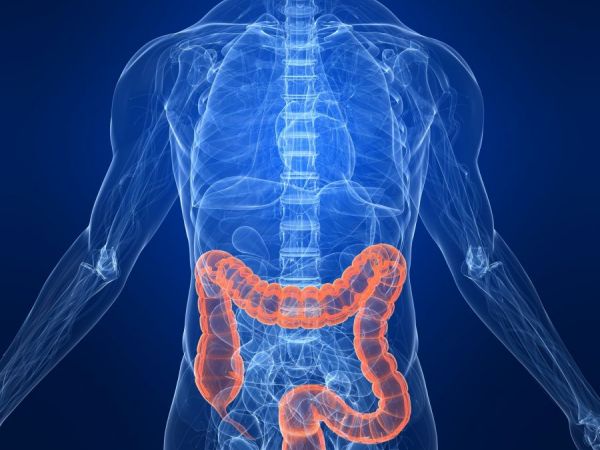Central Pharmacy News, Updates, Promotions,
Tips & Advice, and more!
8 Ways To Reduce Your Risk Of Colorectal Cancer
Approximately 140,000 new cases of colorectal cancer are expected to be diagnosed in 2017 in the U.S. alone. Colon cancer is the third most prevalent type of cancer in the U.S., affecting both men and women at an alarming rate. Approximately 140,000 new cases of colorectal cancer are expected to be diagnosed in 2017 in the U.S. alone.
Approximately 140,000 new cases of colorectal cancer are expected to be diagnosed in 2017 in the U.S. alone.
By Peyton Berookim MD Gastro (Patch Poster)
Colon cancer is the third most prevalent type of cancer in the U.S., affecting both men and women at an alarming rate. Approximately 140,000 new cases of colorectal cancer are expected to be diagnosed in 2017 in the U.S. alone.
Fortunately, colorectal cancer is treatable and beatable. There are several methods that can reduce one’s chances of developing colorectal cancer. As such, we have compiled a list of 8 ways to prevent against colon cancer.
1. Know Your Family History
There is a genetic component to developing colorectal cancer. Thus, knowing your family history of colorectal cancer can help inform your decisions to get tested. Factors such as age of onset, closeness in familial relation and other such factors should inform your decision.
2. Don’t Smoke!
We all are aware of the negative effects smoking can have on the lungs. However, many people may not realize the harmful effects smoking can have on the colorectal organs. Smokers are approximately 20% more likely to develop colorectal cancer that nonsmokers. And that number can increase depending on the length of time which you smoked.
3. Don’t Binge Drink
Binge or heavy drinking drastically increases your risk of developing colorectal cancer. Studies indicate that on average, people who have 2-3 drinks a day are at an approximately 20% higher risk for developing colorectal cancer thank nondrinkers. People that have more than 4 drinks a day are at a 50% higher risk of developing colorectal cancer. And all alcohols are equally bad.
4. Keep A Thin Waste Line
There are strong correlations between obesity and colorectal cancer. The relationship is especially true for men. It has been found that men under the age of 50 with excess fat in their stomachs are just as likely as men over the age of 50 to have precancerous cells in their colorectal organs.
5. Eat Superfoods
There is an emerging list of superfoods that are supposed to help protect against colorectal cancer. Although the data supporting this is not as robust as the evidence against smoking and drinking, there is still strong evidence that suggests eating foods such as blackberries and walnuts and drinking green teas can protect against developing colorectal cancer.
6. Cut Back On Red Meat
Several research studies have found a strong correlation between the amount of red meat one consumes and the risk of developing colorectal cancer. Worse still is the consumption of salted, smoked, cured and processed meats.
If you simply must eat red meat, it is recommended that you should at least limit your intake to two four-ounce portions a week, eat lean cuts and avoid charring it on the grill.
7. Exercise Exercise Exercise
There is strong evidence that living a sedentary lifestyle increases the chances of developing colorectal cancer, while exercise and staying active reduces it. Doctors suggest at least 30 minutes of moderate to vigorous exercise 5 times a week can greatly affect your chances of developing colorectal cancer.
8. Get Screened Regularly
Colorectal cancer screening is one of the few cancer screenings that can actually help prevent the disease. Follow the recommended protocol for colorectal cancer screening. The recommended age for screening is 50, however, there is evidence that that number should be lowered to mid forties.
This article was originally posted at patch.com. See original article here.


